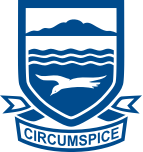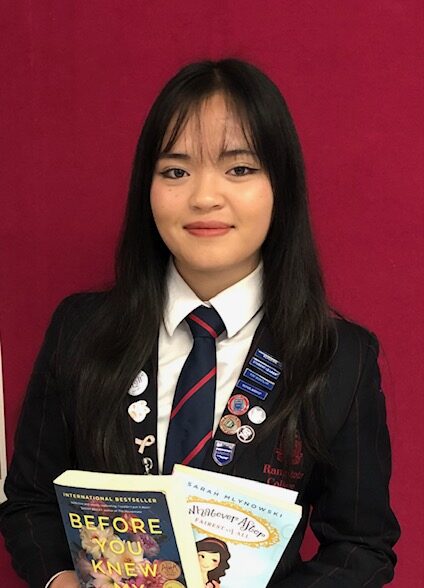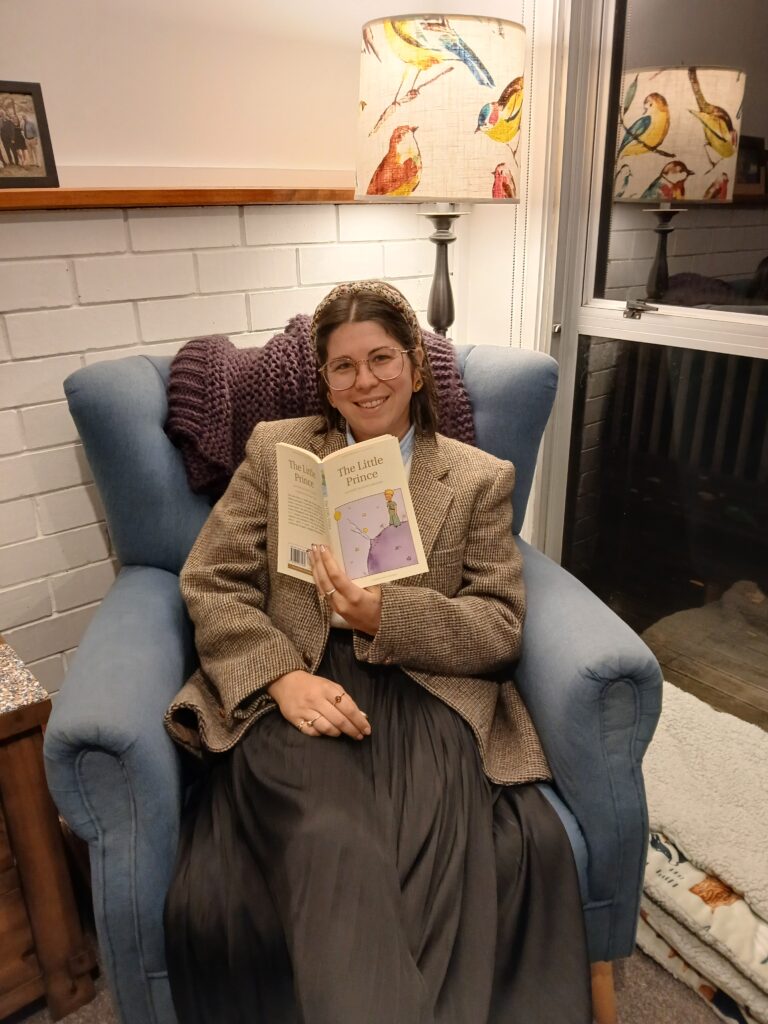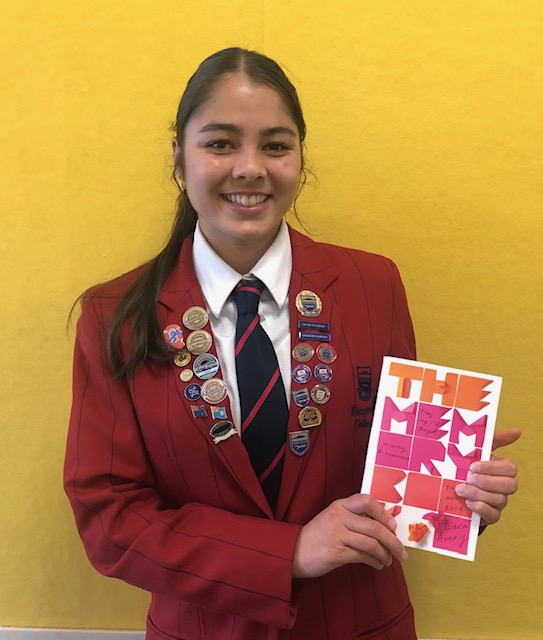Who are you? (give some details about yourself: year level, sports team, background, etc.)
My name is Charlotte, and I’m in Year 13 at Rangitoto College. This year I am one of the academic student leaders; my team and I work together to increase the attitude of personal, individual excellence rather than the traditional attitude of having the same high standard across the whole school. In 2024 I also co-founded M2W (Mental Wellbeing Wave), a club at school aimed at boosting wellbeing awareness and providing a safe space for our members. I was born in New Zealand and grew up here my whole life; both of my parents are from China. Outside of school, in my free time, I like hanging out with my friends, going on runs, singing in the school choir, and journaling and scrapbooking. More recently, I’ve really enjoyed discussing and reading about topics related to music with a focus on vocals, literature/media, fashion, and psychology.
What’s a book you remember reading/having read to you when you were younger? Why is that book memorable to you?
A series of books I remember vividly reading when I was younger, around the age of 8-12, was Whatever After by Sarah Mlynowski. The book follows the life of a 10-year-old girl called Abby, who moves into a new house with a mysterious-looking mirror in the basement. One night, she unexpectedly discovers the mirror’s magical abilities to transport her into a fairy tale. Despite her attempts to avoid interfering, she unintentionally disrupts the traditional fairy tale, forcing her to correct and reshape the story while navigating a series of unexpected challenges. These books took a modern approach to traditional fairy tale storytelling, and the aspect of magic realism and possibility stood out to me the most. Back then, reading those books, in the moment it felt as though I was Abby. It gave me a form of healthy escapism, which was addicting to read and indulge in as a child.
What are some books you’ve enjoyed reading here at school?
I enjoyed reading Never Let Me Go by Kazuo Ishiguro. I was introduced to this book through novel study in my Year 11 English class. For me, Year 11 marked a significant transition as I underwent numerous changes, and this book contributed to a shift in my previous beliefs. NLMG is a speculative and dystopian novel that depicts a world similar to our own, but due to institutional power, the characters face difficulties controlling their own fates. The novel explored key themes like love, friendship, and morality. I found it beautiful that even in the face of predetermined fate, the characters find meaning and hope in small everyday moments—in our positions, we sometimes take advantage of. Ultimately, the author’s bittersweet message made it the most enjoyable book at school for me; he forced me to question how we choose to live and what it truly means to be alive.
What are you currently reading?
Recently I went to the Browns Bay Library and loaned out Warriors, Rebels, and Saints: The Art of Leadership from Machiavelli to the Modern World by Moshik Temkin. It is a new non-fiction book published in late 2023 by a distinguished professor of history and leadership. Something that drew me to the book was the interesting take on leadership by exploring its nature throughout history. The book really resonates with my interest in leadership, which I hope I can learn and enhance my understanding of.
What’s your favourite book, and why would you recommend it to others?
Every book I read reshapes the way I see the world. However, Before You Knew My Name by Jacqueline Bublitz stood out as one that truly transformed my perspective on crime, victims and the stories we choose to tell. I read this book last year; it was a difficult one to finish. It felt so real that I became easily attached to the storyline. I used to listen to true crime podcasts and was often disgusted yet consumed by the perpetrators’ narratives: their motives, psychology, and actions—this book flips that entirely. Instead of the typical “whodunnit” narrative, Bublitz takes the power away from the abuser and focuses on Alice, the victim. Through a third-person perspective, she allowed me to experience Alice’s world, her thoughts, and her presence instead of labelling it as another tragic case. This book forced me to consider how the media shapes victims, frequently reducing them to a name in a headline, a statistic, or a cautionary message. BYKMN reminded me that every victim has a detailed, complex existence that should never be overpowered by the crime committed against them. If you’re looking for a book that is deeply thought-provoking, I can’t recommend this one enough.
Where do you seek inspiration from?
Pinterest. Always! It’s my go-to space for creativity, where my goals and dreams come to life. Unlike Instagram or TikTok, Pinterest doesn’t have many distractions and the pressure of likes, comments, and endless scrolling. I use it to organise my chaotic thoughts, picture my visions, and bring ideas together, whether I’m looking for outfit ideas, planning future goals, or just looking for daily inspiration. I love how I have the freedom to create boards and save curated images; it allows me to transform my initial thoughts into something tangible. If not Pinterest, I love just scrapbooking from random magazine pictures and stickers; it’s such a fun activity.
What are some mottos you live by?
“Create less, consume more.” It is such a simple yet bold motto. I find it difficult to remain focused even when working towards assessments. I don’t think I should blame a lack of time but rather an excessive amount of distractions. It is very easy to lose yourself in stressful, busy, and difficult times. This mentality has gotten me by recently and enabled me to go back on track to work towards my goals.
“Feel the fear and do it anyway.” Every moment where I doubt myself, I tend to reflect and, in the moment, breathe properly. (Typically I’m referring to public speaking moments or performances.) By overcoming that fear at the moment, in the future, it ends up becoming evidence that I am capable of anything I put my mind to.
“The cost of procrastination is the life you could have lived.” (Spoken by my favourite podcaster,) it’s very self-explanatory why this motto has become an inspiration.






